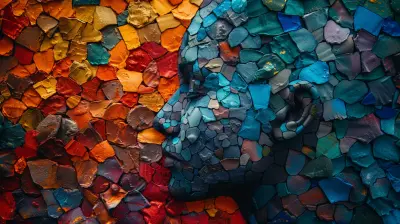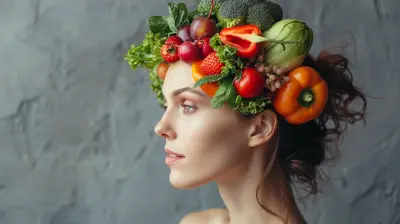How Past Relationships Shape Future Romantic Patterns
21 July 2025
Love is a rollercoaster, isn't it? One minute, you're floating on cloud nine, holding hands in a candlelit restaurant, and the next, you're ugly crying into a pint of ice cream while your best friend changes your Netflix password to stop you from rewatching your ex’s favorite show.
But have you ever wondered why you keep dating the same "wrong" person over and over again, just with a slightly different haircut? Or why you panic anytime you sense even a whiff of emotional vulnerability? Yeah, you’re not alone.
Our past relationships—whether we like it or not—play an undercover role in shaping how we love, fight, and choose our partners in the future. So, let’s unpack this emotional luggage together and figure out why we keep swiping right on the same patterns. 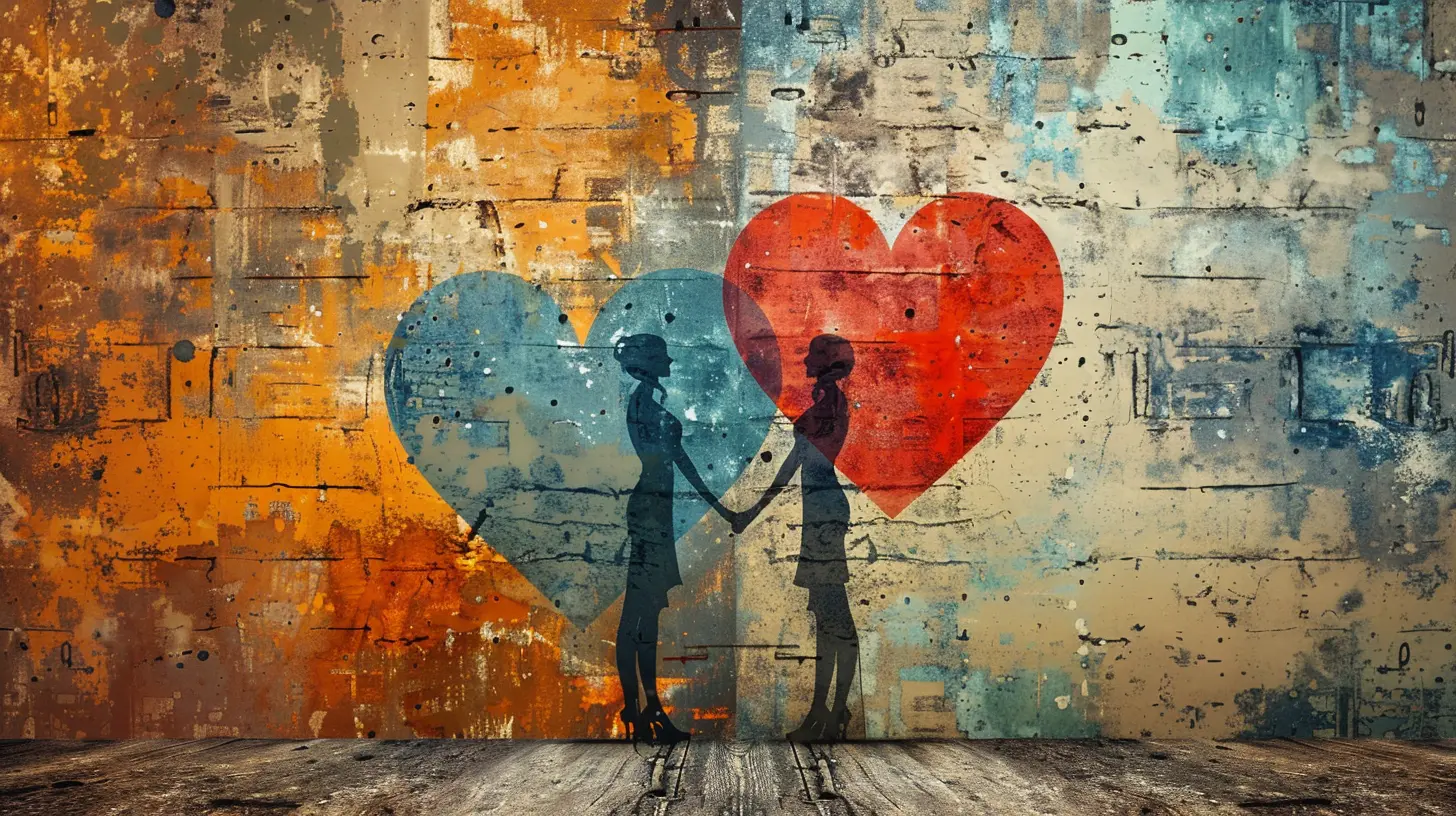
Love's Baggage: More Than Just an Emotional Carry-on
Think of your past relationships as a suitcase you didn’t know you packed. Every heartbreak, every happy moment, every little trauma—yep, all in there. And whether you realize it or not, you're probably dragging that emotional Samsonite into your future love life.But how exactly do these past experiences mold our romantic patterns? Let’s break it down. 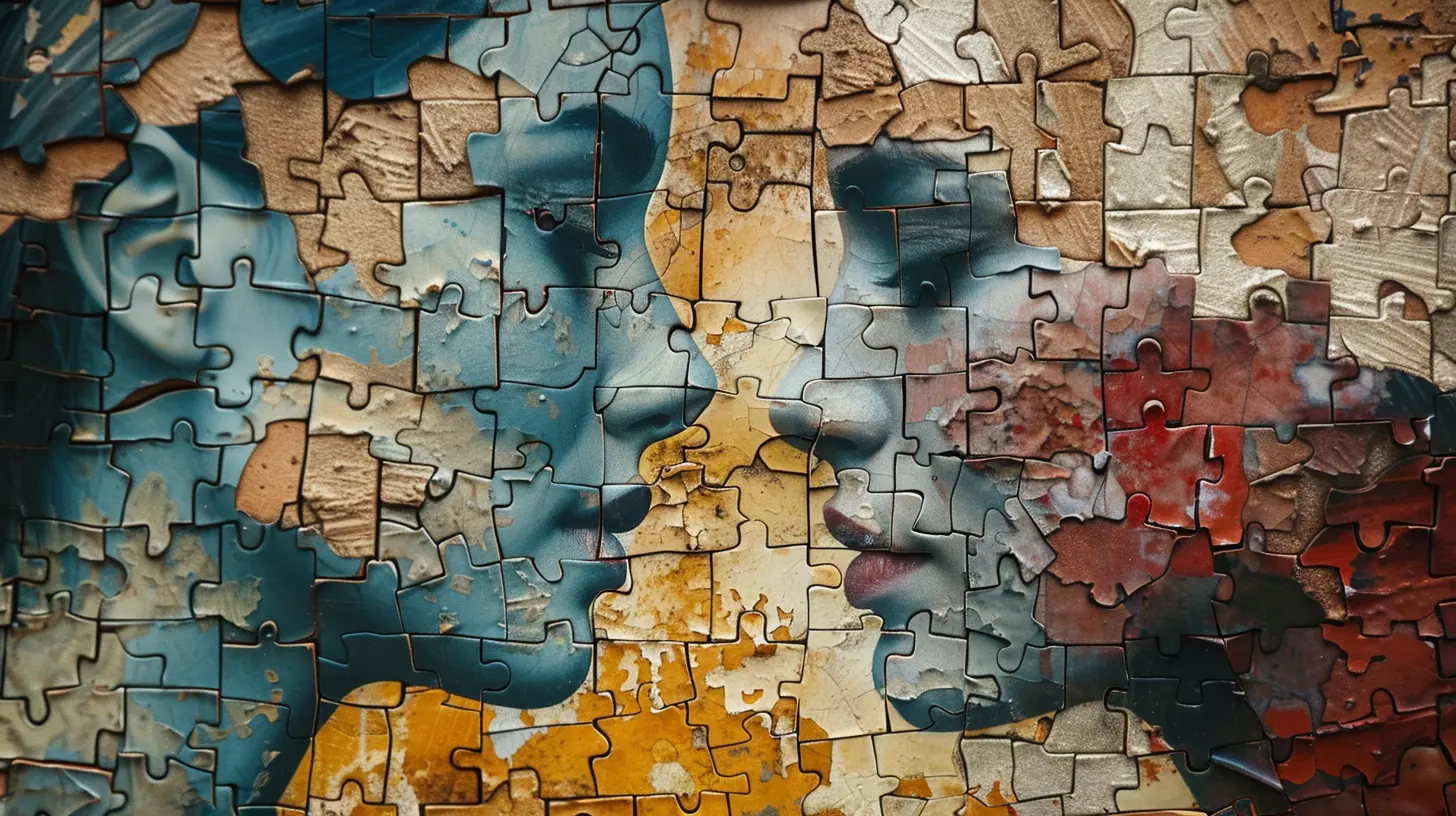
1. Attachment Styles: The Blueprint of Your Love Life
Ever notice how some people seem to just get relationships, while others spiral into a pit of overthinking at the mere sight of a "K." text reply? That’s attachment theory at work.Developed by psychologist John Bowlby, attachment theory suggests that the way we bonded with our caregivers as babies has a huge impact on how we connect with partners as adults.
The Four Main Attachment Styles:
- Secure – These are the unicorns of the dating world. They communicate well, trust easily, and aren’t afraid of intimacy. If you’re secure, congratulations! You are a rare species.- Anxious – Also known as the "Why hasn’t he texted me back in the last 13 minutes?” attachment style. These folks crave closeness but fear abandonment.
- Avoidant – If “I need space” is your personal mantra, you might fall into this category. Avoidants fear emotional dependence and tend to keep people at arm’s length.
- Disorganized (Anxious-Avoidant) – The emotional equivalent of a cat that wants to be petted but hisses when you try. These individuals fear intimacy but also fear being alone.
If your last relationship left you feeling like a needy mess or an emotional escape artist, you can bet your attachment style had a hand in it. 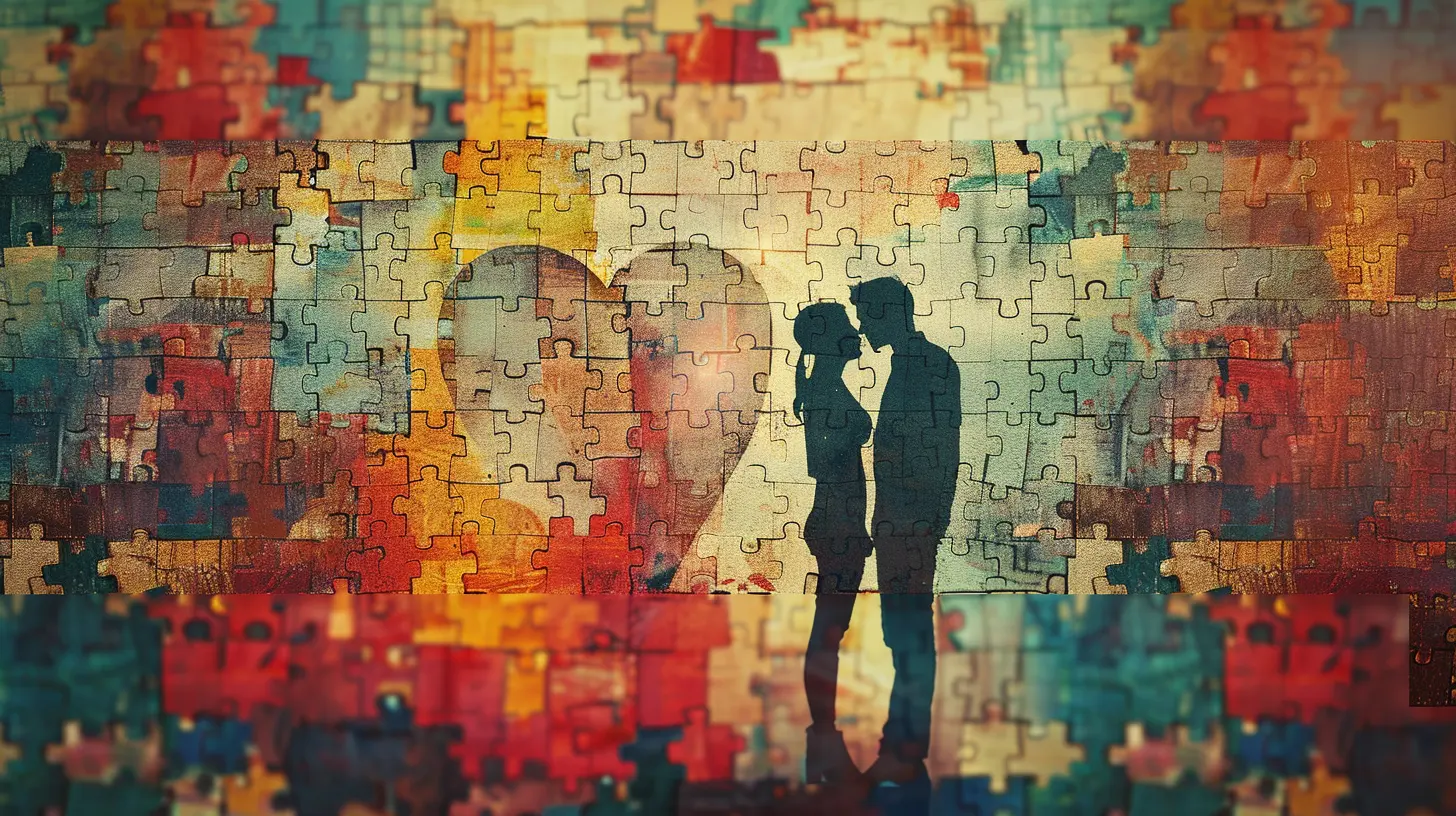
2. Emotional Baggage: Trauma’s Sneaky Influence
Ever had a friend (or been the friend) who swore, "I'm never dating someone like that again!" …only to date someone exactly like that again? It’s not bad luck—it’s psychology.Our brains are wired to seek familiarity, even when familiarity is toxic. If you grew up with inconsistent love or had a partner who gaslit you into oblivion, you might unconsciously seek similar relationships in the future.
Your brain, in all its misguided wisdom, thinks, "Hey, this chaos feels familiar! Let’s run it back one more time!" But breaking free from this cycle requires recognizing the patterns and actively choosing partners who bring peace instead of drama. 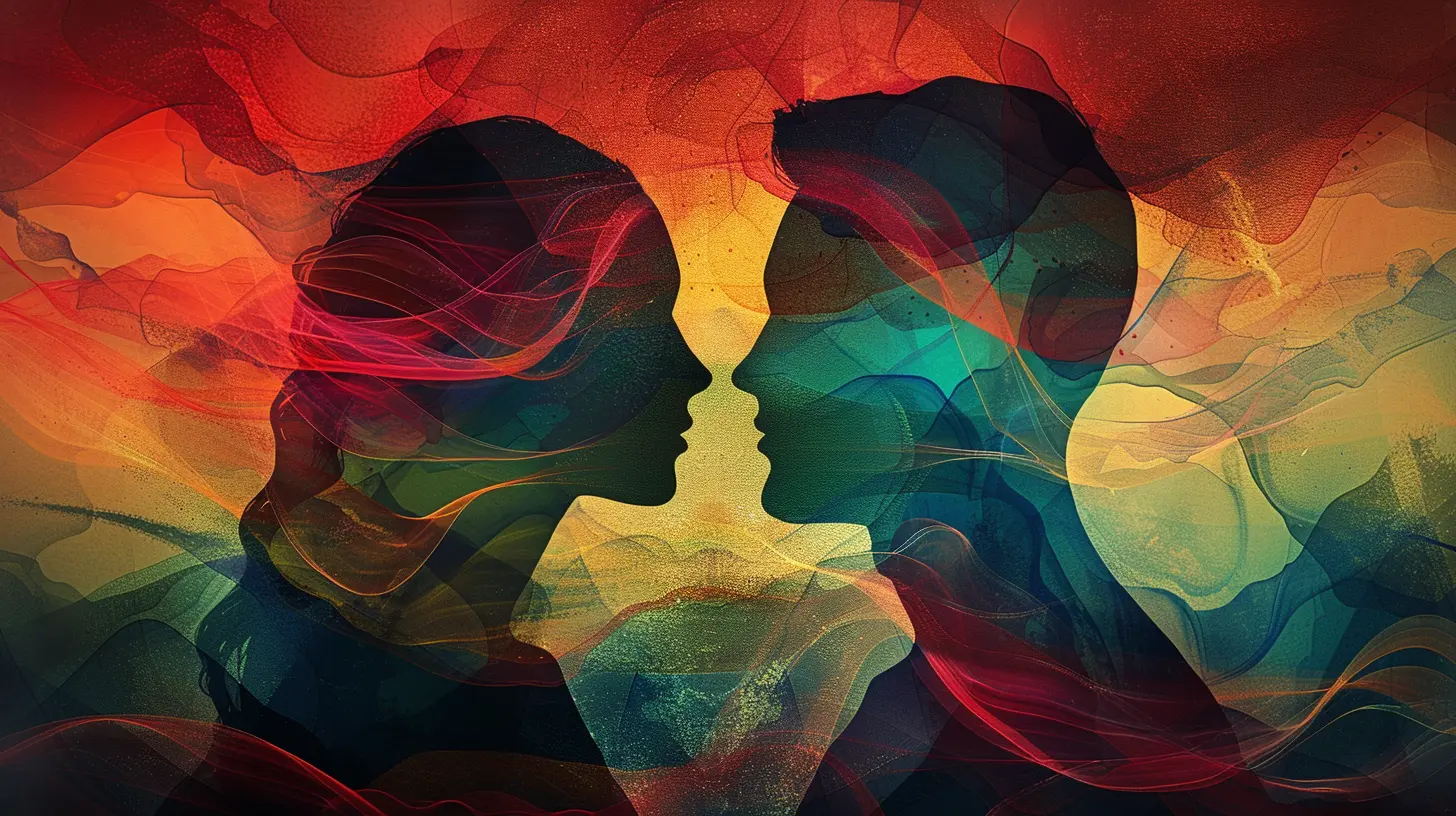
3. Self-Worth: The Mirror Your Past Holds
Your past relationships often dictate how you see yourself in love. If an ex constantly made you feel like you weren’t "enough," that belief might stick to you like gum on a hot sidewalk.Conversely, if you’ve experienced supportive, uplifting love, you’re more likely to expect (and demand) that kind of treatment in the future.
The moral of the story? Your past relationships don’t just shape how you love—they shape how you let yourself be loved.
4. The Fear Factor: Avoiding What Hurt Us Before
Ever get burned by touching a hot stove? You probably became extra careful in the kitchen after that, right? The same thing happens in love.If your trust was shattered by a cheating partner, you might develop trust issues with future ones—even the good ones. If your last relationship ended because of emotional distance, you might overcorrect and become clingy in your next one.
It’s all about learning, adapting, and sometimes overreacting to past pain. The key is recognizing when you're avoiding love instead of protecting yourself from actual danger.
5. The Rebound Effect: When Your Past Shapes Your Future Too Quickly
Ah, the rebound relationship—arguably the emotional equivalent of putting a Band-Aid on a broken leg.Jumping into a new relationship before healing from the last one often means carrying unresolved issues into the fresh start. It’s like trying to paint over a graffiti-covered wall without cleaning it first.
The result? Your past relationship dynamics leak into the new one, often leading to similar problems just in a different setting.
Breaking the Cycle: How to Reset Your Romantic Patterns
So, how do you stop history from repeating itself faster than a bad sitcom reboot? Here are some ways to start fresh:1. Self-Reflection – If all your exes remind you of each other, the common denominator is…you. Ouch, but true. Take time to analyze your past relationships and figure out the patterns.
2. Therapy (Yes, Really) – A good therapist won’t just hand you tissues; they’ll hand you tools to break unhealthy cycles.
3. Raise Your Standards – If you keep settling for half-baked love, you’ll always feel hungry. Know your worth, and don’t accept less.
4. Take a Dating Detox – If you’re always in a relationship, you might not be giving yourself time to heal and grow. Take a break from dating and focus on yourself.
5. Set Healthy Boundaries – If your past relationships lacked boundaries, setting them in the future can help you avoid similar disappointments.
Conclusion: Your Past Doesn’t Define You (Unless You Let It)
Look, we all come with baggage—some of us just have carry-ons while others are checking multiple oversized suitcases. The good news? You’re not doomed to repeat the same love story over and over again.By understanding how your past relationships shape your future ones, you can take control of your romantic destiny rather than letting it run on autopilot. So, next time you find yourself falling for the same type of person or reacting in ways that feel all too familiar, pause. Ask yourself if this is love...or just history trying to repeat itself.
And remember—just because you’ve been hurt before doesn’t mean you can’t write a new, healthier love story. The pen is in your hands.
all images in this post were generated using AI tools
Category:
RelationshipsAuthor:

Alexandra Butler
Discussion
rate this article
2 comments
Vanta Patel
Ah, yes, because nothing says “healthy relationship” like dragging all our past baggage into the future! Who needs therapy when we can just keep repeating the same mistakes? Love it when history becomes our greatest matchmaker! Keep those patterns coming!
November 30, 2025 at 4:38 PM

Alexandra Butler
It's true that unresolved issues can impact future relationships; awareness is the first step toward breaking those patterns.
Vincent Chavez
This article insightfully explores how our past relationships influence future romantic choices, highlighting the importance of self-awareness and growth in breaking negative cycles for healthier connections.
July 28, 2025 at 2:36 AM

Alexandra Butler
Thank you for your thoughtful comment! I'm glad you found the article insightful—self-awareness is indeed key to fostering healthier relationships.

